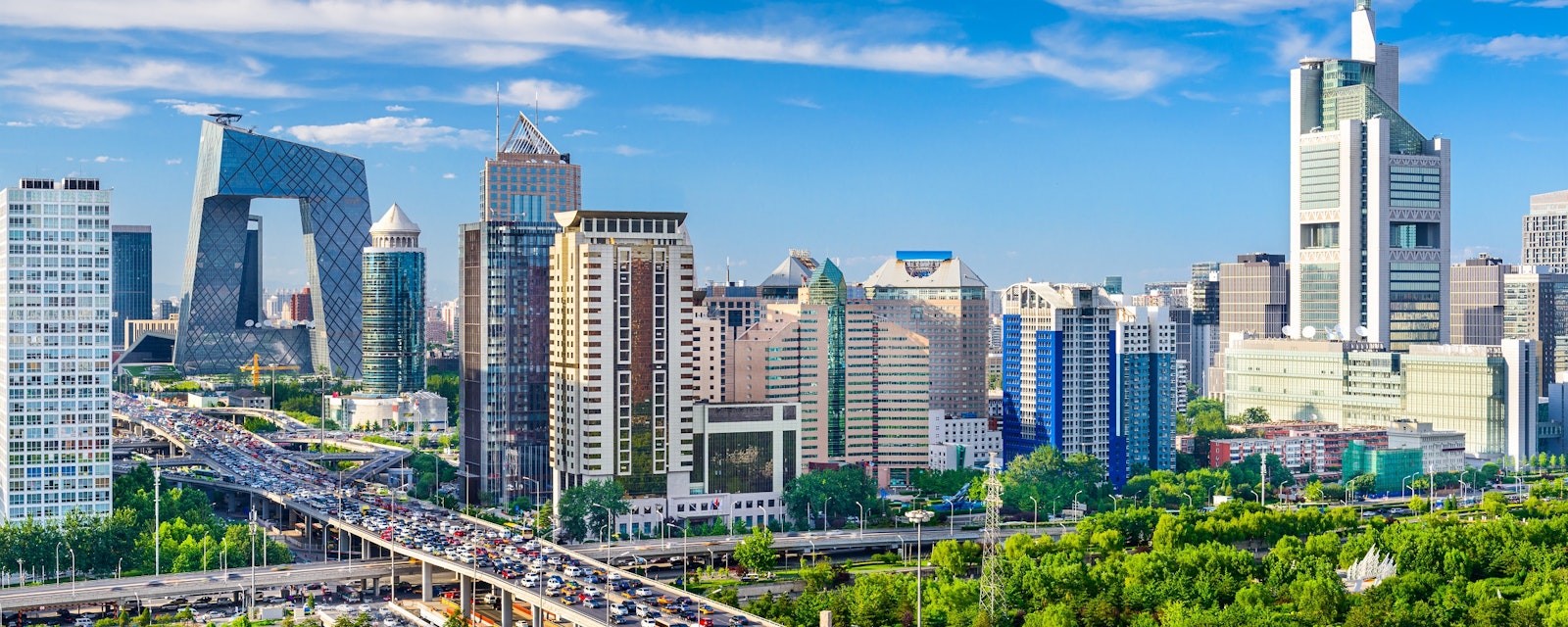President Xi Jinping achieved his three major objectives: a third five-year term as general secretary, no presumed successor, and a Politburo Standing Committee stacked with loyalists.
The main political faction that might have exerted modest constraints on Xi, the Communist Youth League faction, was entirely shut out of the Standing Committee. Despite fears that Xi's loyalists will reinforce his tendency to de-emphasize economic growth in favor of national security, some signs suggest these leaders will retain a strong focus on growth.
Ahead of the Communist Party's 20th Party Congress, we highlighted the near-certainty that President Xi Jinping would secure a third five-year term as party general secretary. We also noted the high likelihood that Xi would prevent any cadre young enough to be viewed as a likely successor to ascend to the seven-member Politburo Standing Committee (PBSC). Given the lack of suspense over these two outcomes, the key remaining question was whether Xi would also succeed in stacking the PBSC and the 24-member Politburo and the PBSC with loyalists from his personal network, or whether rival political factions would retain a substantial presence. Following the conclusion of the Party Congress on 23 October, all three outcomes were settled decisively in Xi's favor.
A Stacked Committee
On the succession question, the youngest member of the new PBSC is Ding Xuexiang, who, at 60, is already too old to be seen as a likely successor. Regarding the composition of the PBSC, all four new members – Shanghai Party Secretary Li Qiang, Beijing Party Secretary Cai Qi, Guangdong Party Secretary Li Xi, and Ding – are clear Xi loyalists, having served under Xi prior to his ascent to general secretary in 2012. The two remaining holdovers from the previous PBSC (apart from Xi himself) are Wang Huning and Zhao Leji. Though not considered strict Xi loyalists, they do not belong to identifiable factions that could serve as a constraint on Xi.
Meanwhile, the Communist Youth League (CYL) faction associated with former president Hu Jintao was entirely shut out from the PBSC. Premier Li Keqiang, a CYL faction member, could, at 67, have served another five-year term on the PBSC, even though constitutional term limits would have forced him to relinquish the premiership. The same is true of Vice Premier Wang Yang, another former CYL member who served on the outgoing PBSC. Indeed, Wang, also 67, was considered a leading contender to succeed Li Keqiang as premier. Instead, both Li Keqiang and Wang will retire.
Even more surprising from the perspective of factional power balancing is the fate of Vice Premier Hu Chunhua, another CYL stalwart. He was considered a leading contender both for elevation from the Politburo to the PBSC and to succeed Li Keqiang as premier. Instead, not only did he fail to win elevation, but he was also ejected from the Politburo. Though he remains a member of the Central Committee, Hu Chunhua will play no role in providing factional diversity at the elite level.
The upshot is that Xi is now more firmly in control than ever. Li Qiang, as the new PBSC's second-ranked member, is poised to become premier, contravening the longstanding norm that experience as vice premier is a prerequisite for elevation to premier. But Li is close to Xi, having served as his personal secretary when Xi was Zhejiang party secretary in the early 2000s. This relationship will likely preempt any speculation that the premier's agenda is in tension with Xi. By contrast, Li Keqiang's emphasis this year on reviving economic growth did generate such speculation, since it contrasted with Xi's focus on maintaining zero-Covid despite the economic costs.
Policy Implications
The Party Congress work report, which we analyzed last week, is the party-state's most authoritative statement of policy priorities, alongside the far-more-detailed 14th Five Year Plan. Nevertheless, the latest personnel appointments offer some additional clues.
Chinese stocks declined after the announcement of the new leadership lineup, apparently reflecting market concerns that Xi's power consolidation would mean less emphasis on economic growth. Tech platforms like Alibaba and Tencent were especially hard hit, likely reflecting concern that a less-constrained Xi will press ahead with even tougher regulation of these companies under the banner of "common prosperity."
But this early market reaction, while understandable, may be misguided. Close relationships with Xi notwithstanding, Li Qiang, Li Xi, and Cai Qi all enter the PBSC after heading up rich provinces where economic growth is still the top priority. Growth remains a key performance indicator for provincial officials, and compared to those whose primary experience is in Beijing, provincial officials tend to be more pragmatic.
Other personnel appointments send a similar pro-growth signal. He Lifeng won elevation to the Politburo and is poised to succeed the retiring Liu He as vice premier and director of the party’s Central Financial and Economic Affairs Commission. Though He lacks Liu's technocratic expertise, He's record also suggests a strong focus on economic growth. In an article last year, He wrote that economic development was the "number one task" and the "foundation and key to solving all our country’s problems." But He's past statements also suggest he will not rush to bail out China's ailing housing market, despite the drag on growth. He identified excessive money flows to housing developers as one of the "three imbalances" plaguing China's economy.
On foreign policy, continuity is the dominant message. Foreign Minister Wang Yi was promoted to the Politburo, where he will likely take over Yang Jiechi's role as director of the general office of the Central Foreign Affairs Commission, a party organ under the Central Committee. As demonstrated by their twin speeches in Alaska blasting their US counterparts, Jake Sullivan and Anthony Blinken, there is no visible daylight between Wang Yi and Yang. While Wang Yi's elevation does not preclude a pullback from "Wolf Warrior" diplomacy – since any such instructions would likely come from Xi – the Party Congress appointments offer no hint that such a shift is pending.





